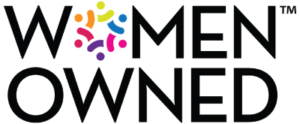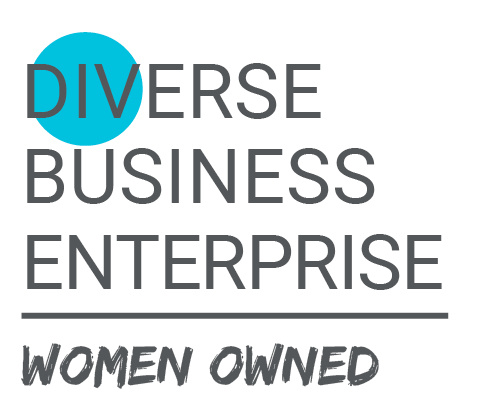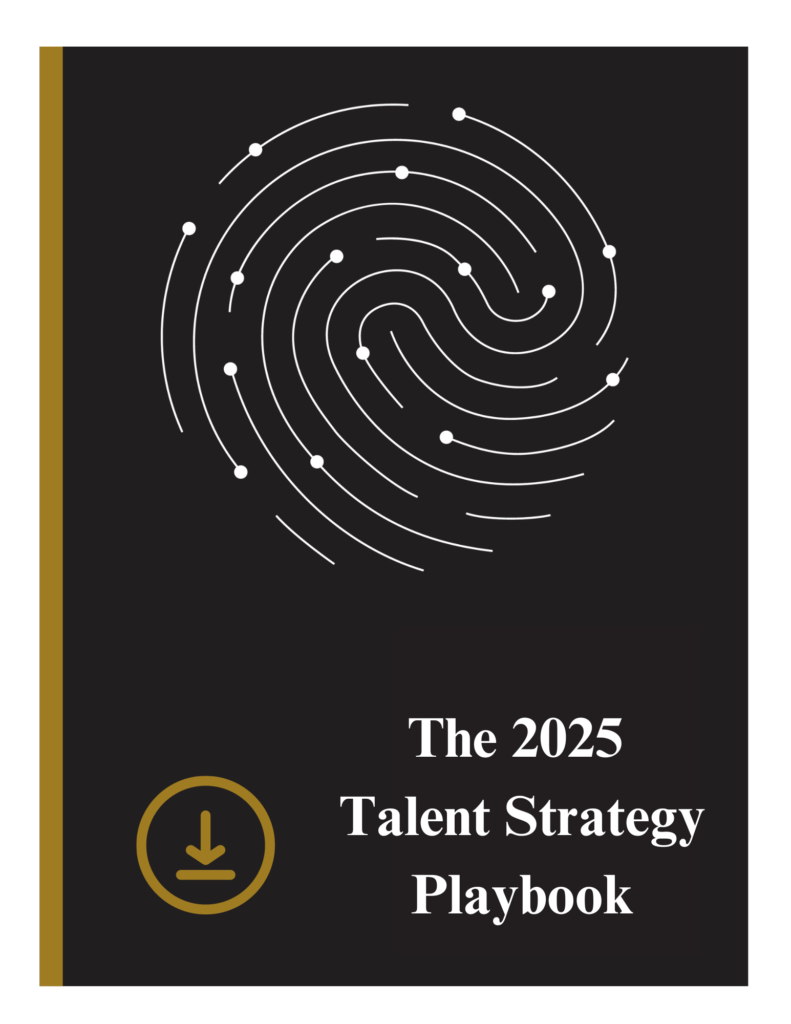Learning to Lead by Example
Next up in our Future of Work Series, we will touch on accountability. A common remark I receive from candidates is, “I would never ask one to do something I wouldn’t do myself.” I think one of the strongest forms of leadership is leading by example, and what would hold employees more accountable than seeing their manager do it, too?
In this article, we will discuss the five ways in which leaders can create accountability, as stated by Korn Ferry.
1. Be clear about purpose and goals
When companies are clear with values and goals, when employees understand the “why” behind the business, instead of just going through the motions, employees will feel accountable to deliver exceptional work. Accountability and empowerment go hand in hand. If people understand what an organization is trying to achieve, they will know what to do in most situations without someone telling them what to do.
2. Communicate and get involved
Communication isn’t just important with customers and clients, but with your team, as well. Providing an open channel for feedback and making sure decisions and action plans are clearly understood is critical to success. At W Talent Solutions, we scale objectives and processes by using the Entrepreneurial Operating System (EOS). Holding weekly meetings and discussing updates on the candidate/hiring process is a huge accountability tool for me!
3. Think “we,” not “me”
Leaders take accountability of their own actions and make others accountable for theirs, as well. Something simple as saying “we” rather than saying “I”, helps team members feel responsible and valued. In the American Psychological Association’s Work and Well-Being Survey, 95% of respondents who said they felt valued by their employer also said they felt motivated to do their best.
4. Run effective meetings
The key is to find a meeting length and structure that suits your company culture and is effective. It wasn’t until I worked at W Talent Solutions that I actually enjoyed meetings. Through our EOS Level 10 meetings, no one’s time gets wasted and everyone leaves feeling accomplished. We arrive on time, set an agenda, stick to it, uncover challenges, and resolve issues. Our meetings are a tool to enable higher productivity, honest communication, stronger team-building, and better results.
5. Transform problems into continuous improvement
Proactiveness and accountability go hand-in-hand. Accountability shouldn’t be something that only happens after the fact. Making sure there is constructive feedback at all stages, not just when things go wrong, is crucial.
When people are accountable for their actions, they will value their work more. Accountability increases skills, confidence, and performance. Having a sense of ownership and empowerment will drive an individual to do higher-quality work, leaving everyone feeling accomplished.
Learn more about implementing talent optimization strategies in your organization or reach out to us to be paired directly with a talent advisor.



















